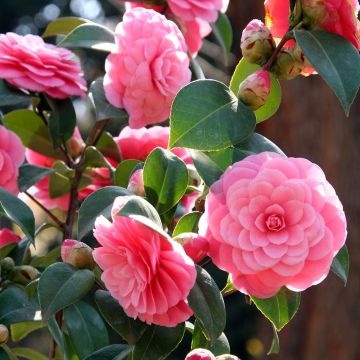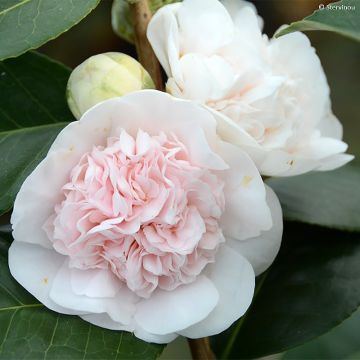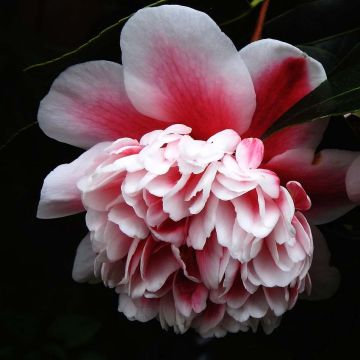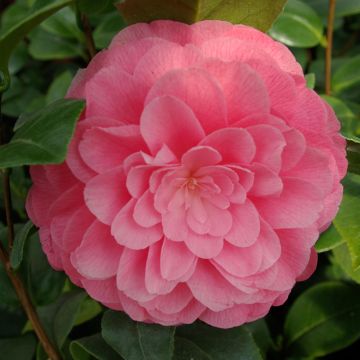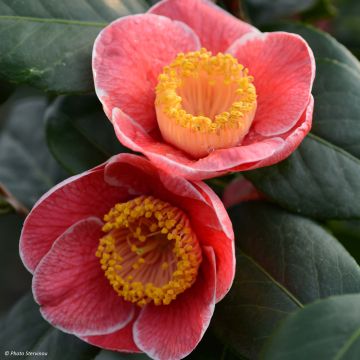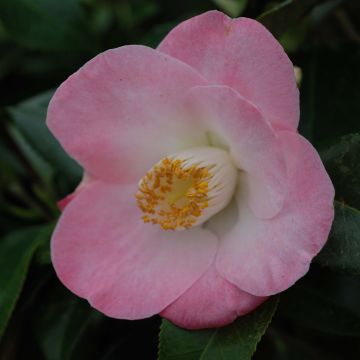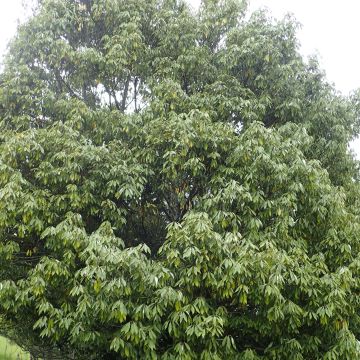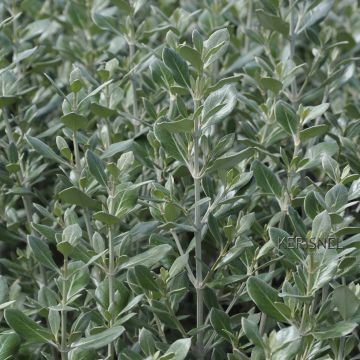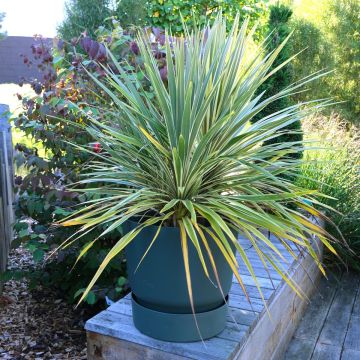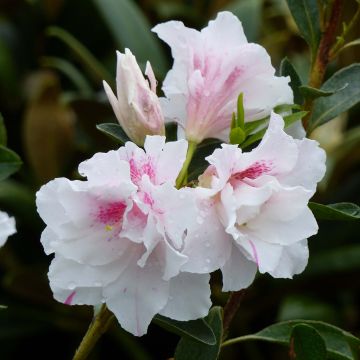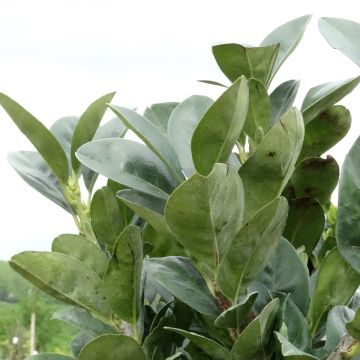Shipping country and language
Your country of residence may be:
Your country of residence is:
For a better user experience on our website, you can select:
Your shipping country:
Andorra
Austria
Belgium
Bulgaria
Canada
Chile
Croatia
Cyprus
Czechia
Denmark
Estonia
Finland
France
Germany
Greece
Hungary
Iceland
Ireland
Italy
Latvia
Lithuania
Luxembourg
Malta
Monaco
Netherlands
Poland
Portugal
Romania
Slovakia
Slovenia
Spain
Sweden
Switzerland
United Kingdom
We only deliver seed and bulb products to your country. If you add other products to your basket, they cannot be shipped.
Language:
French
German
Spanish
English
My Account
Hello
My wish lists
Plantfit
Log in / Register
Existing customer?
New customer?
Create an account to track your orders, access our customer service and, if you wish, make the most of our upcoming offers.
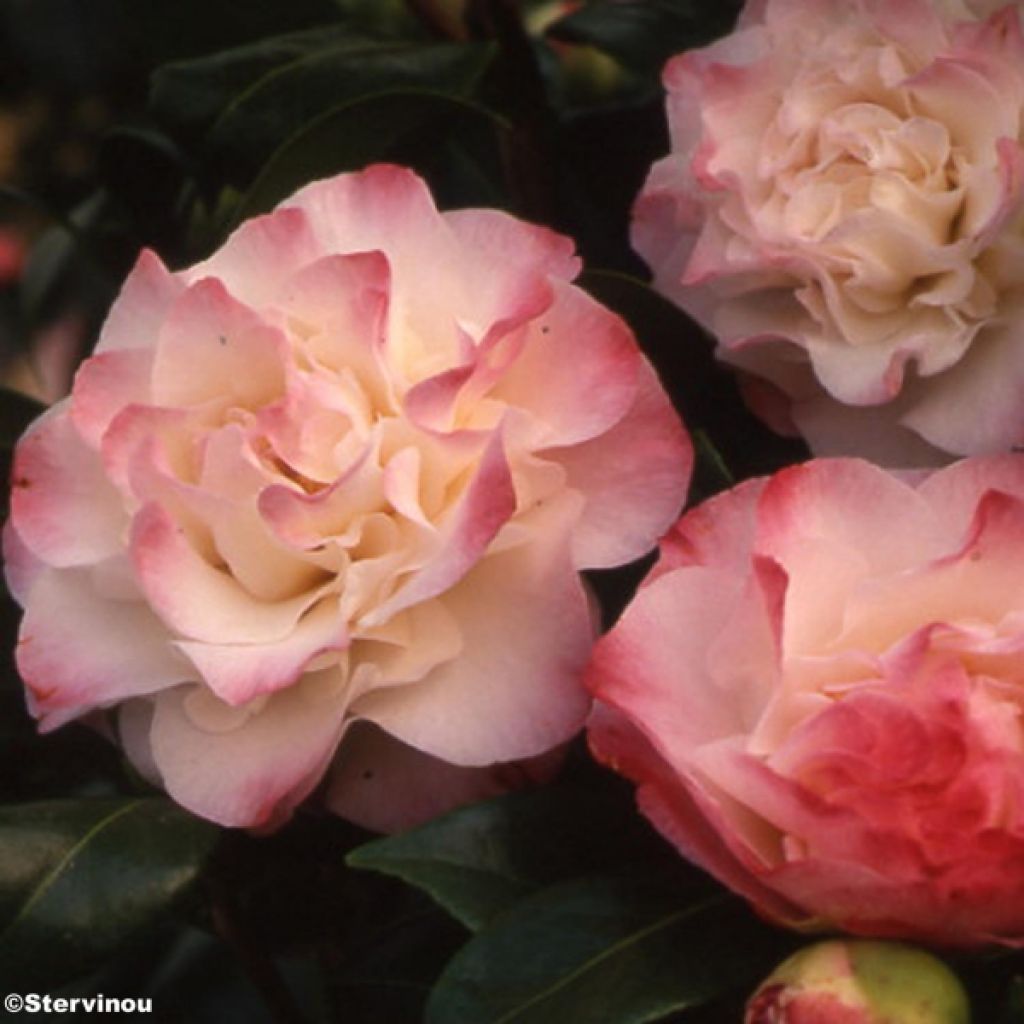

Camellia japonica Nuccios Jewel
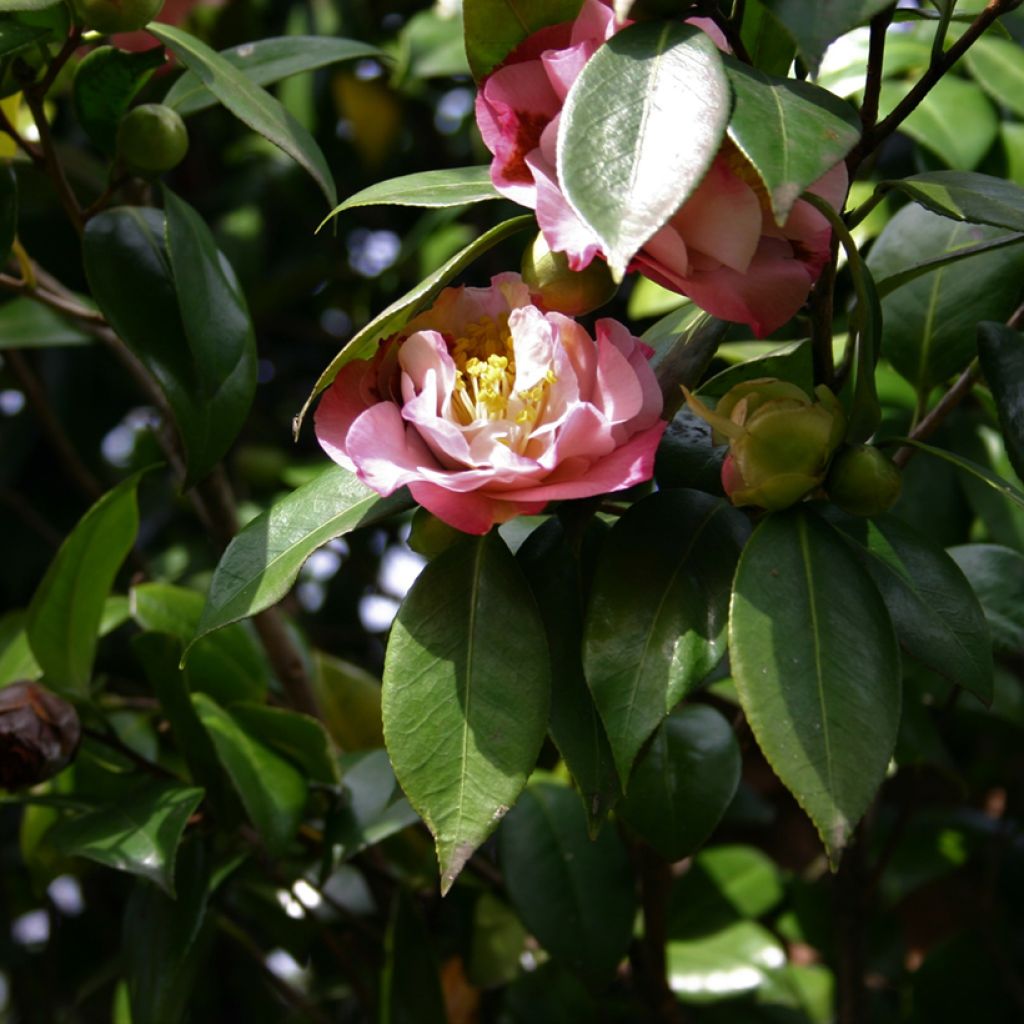

Camellia japonica Nuccios Jewel
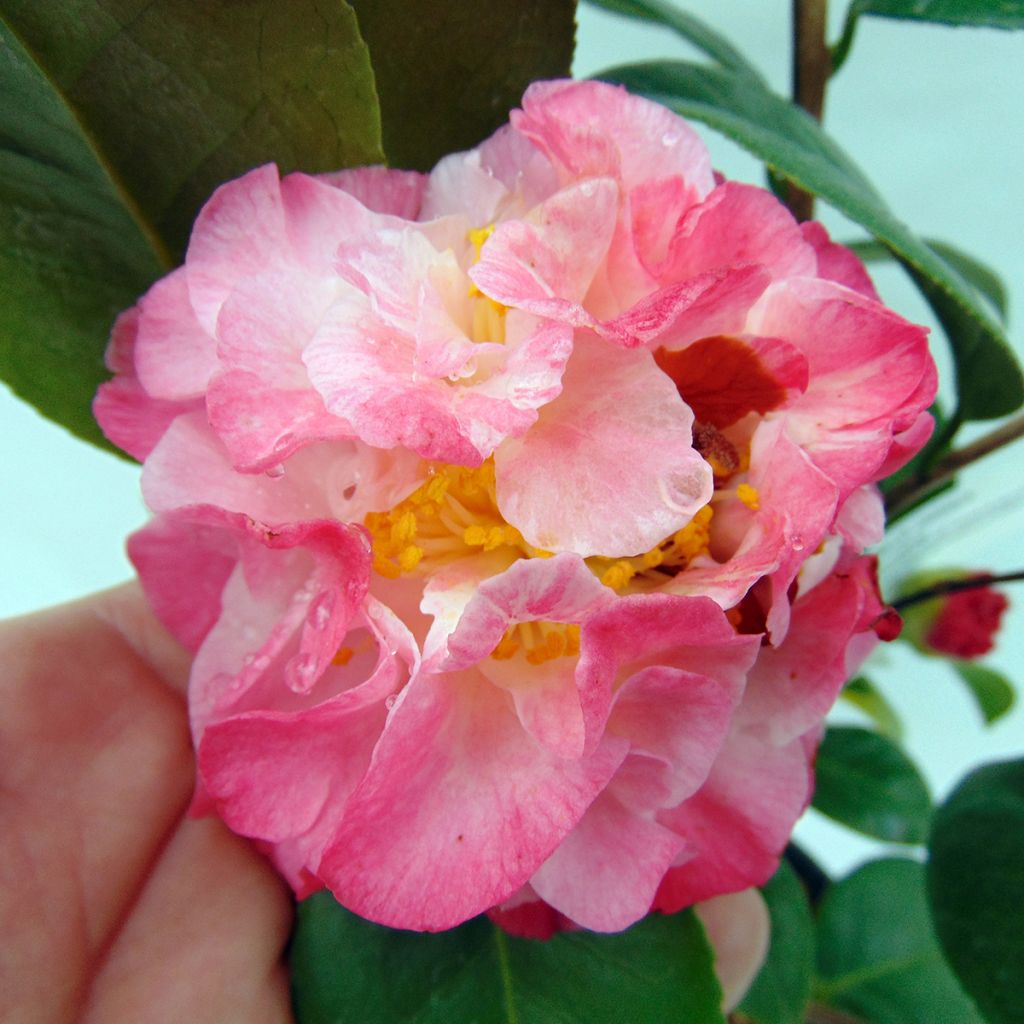

Camellia japonica Nuccios Jewel
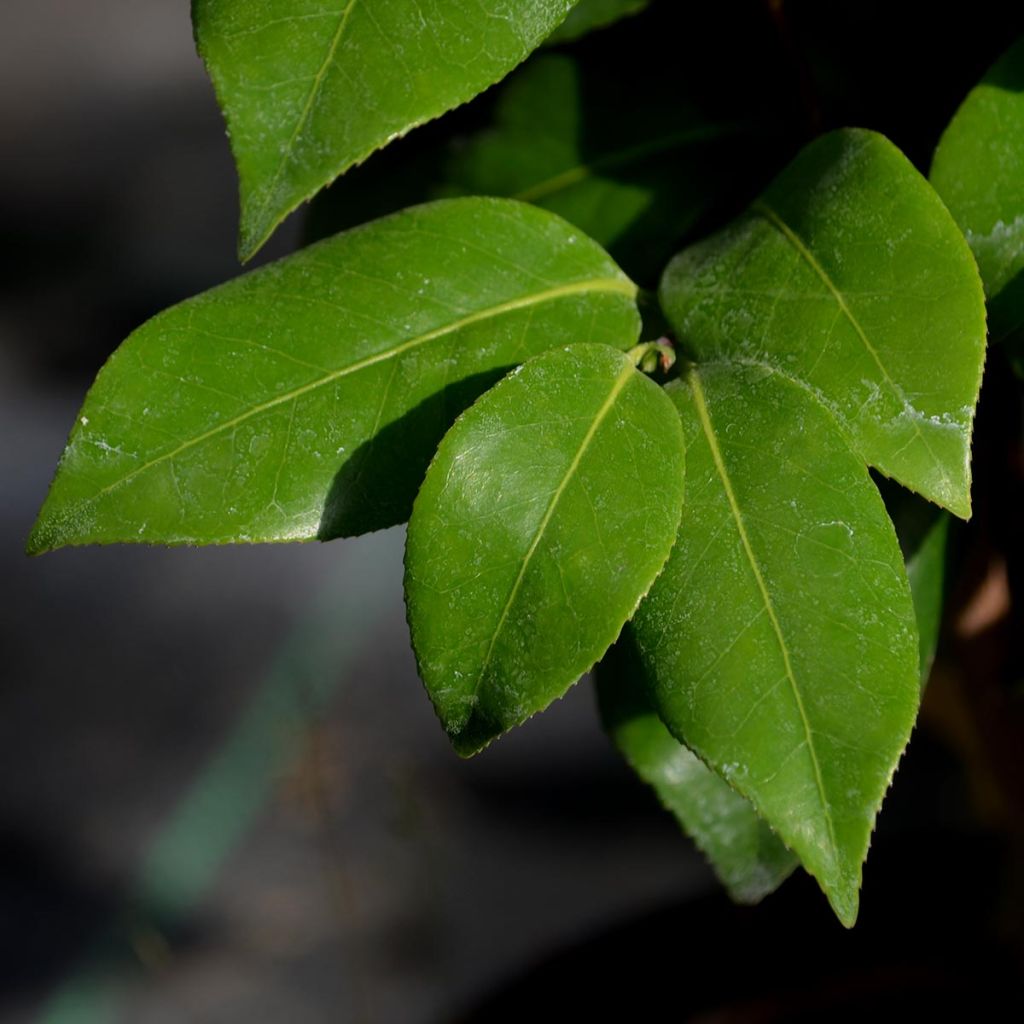

Camellia japonica Nuccios Jewel
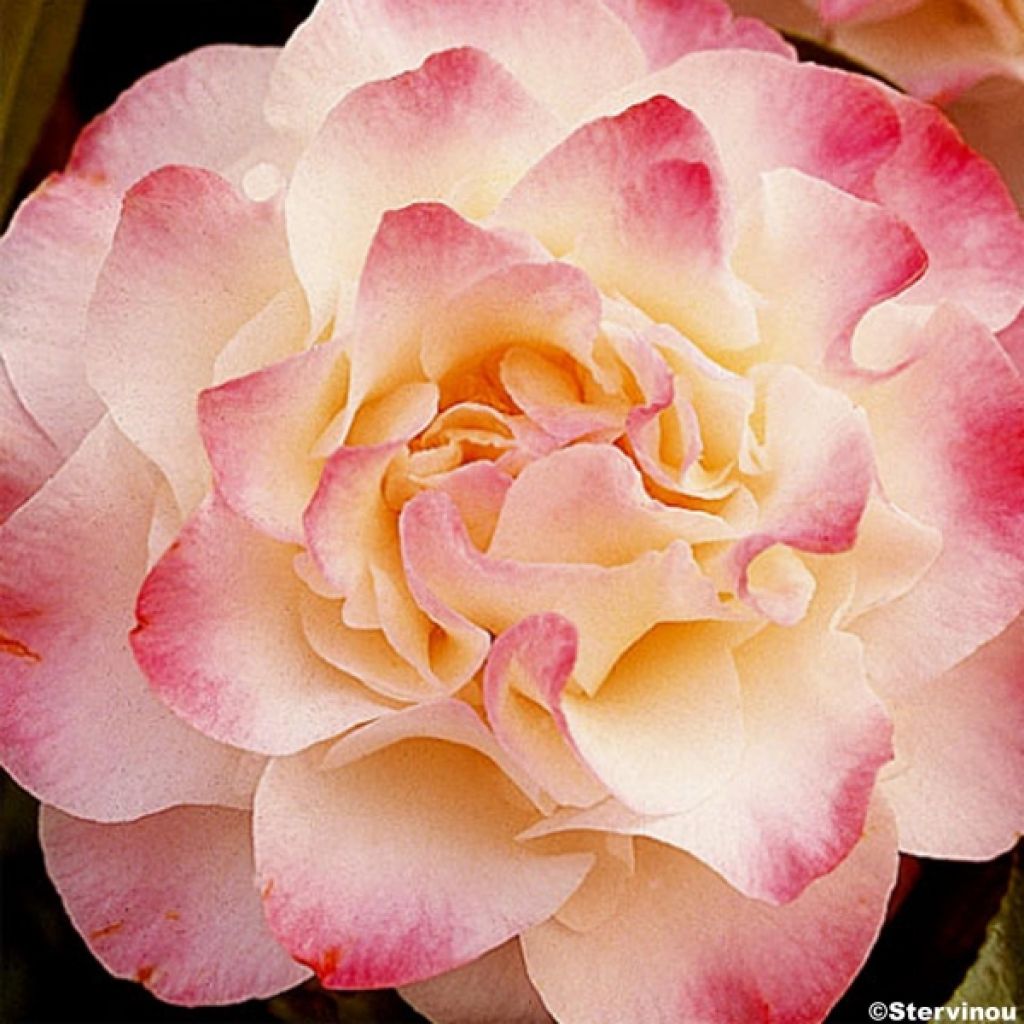

Camellia japonica Nuccios Jewel
Camellia japonica Nuccios Jewel
Camellia japonica Nuccio's Jewel
Japanese Camellia, Rose of winter
Confirmed order and then cancelled as young plant, finally unavailable... Disappointment, therefore!
Graziella S., 20/05/2018
Why not try an alternative variety in stock?
View all →Order in the next for dispatch today!
Dispatch by letter from 3,90 €.
Delivery charge from 5,90 € Oversize package delivery charge from 6,90 €.
More information
This item is not available in your country.
Shipping country:
Andorra
Austria
Belgium
Bulgaria
Canada
Chile
Croatia
Cyprus
Czechia
Denmark
Estonia
Finland
France
Germany
Greece
Hungary
Iceland
Ireland
Italy
Latvia
Lithuania
Luxembourg
Malta
Monaco
Netherlands
Poland
Portugal
Romania
Slovakia
Slovenia
Spain
Sweden
Switzerland
United Kingdom
Schedule delivery date,
and select date in basket
This plant carries a 24 months recovery warranty
More information
We guarantee the quality of our plants for a full growing cycle, and will replace at our expense any plant that fails to recover under normal climatic and planting conditions.
From 5,90 € for pickup delivery and 6,90 € for home delivery
Express home delivery from 8,90 €.

Would this plant suit my garden?
Set up your Plantfit profile →
Description
A bush with a free habit, Camellia 'Nuccio's Jewel' is a variety with double flowers of an unusual colour, light pink with salmon nuances in the centre and orchid pink at the tips.
This variety blooms from March to May and forms a bush with a free and dense habit, reaching a height of 1.50m (5 ft) and a width of 1m (3 ft). It produces double flowers with unusual colours, a beautiful light pink with salmon nuances in the centre and orchid pink at the tips. They measure about 6-7cm (2.8 in) in diameter. Its flowering is an event not to be missed. Its leaves are a matte green colour. They measure 5 to 7 cm (2.8 in) in length and are evergreen. Hardy down to -14°C, this variety is grown in partial shade, sheltered from cold winds. It prefers acidic soils, humus-rich, moist and light.
Plant Camellia 'Nuccio's Jewel' in an ericaceous bed alongside azaleas, Skimmia, Japanese Quince, and heathers. Plant in autumn with some spring bulbs e.g. tulips and daffodils for a magnificent and colourful scene. Its compact size also allows for cultivation in pots. Place it on a partially shaded terrace, alongside a wall, protected from cold and drying winds.
The name Camellia was given to the plant in 1735 by the Swedish naturalist Carl Linnaeus, in tribute to Georg Josef Kamel (Latinized as "Camellus"), an apothecary in the service of the Jesuits in the Philippines in the late 17th century. It wasn't until 1792 that the Camellia arrived in Europe.
Camellia japonica Nuccios Jewel in pictures




Plant habit
Flowering
Foliage
Botanical data
Camellia
japonica
Nuccio's Jewel
Theaceae
Japanese Camellia, Rose of winter
Cultivar or hybrid
Planting and care
'Nuccio's Jewell' Camellia should be planted in partial shade, sheltered from cold and drying winds. You can also grow it in full sun, but the roots must remain cool and moist. Plant in a humus-rich, acidic, moist and well-drained soil. The bush should not be planted too deeply; the top of the root ball should be covered with 3 cm (1.2 in) of soil. In winter cover it with a 5 to 7 cm (2 to 3 in) thick mulch composed of leaf compost and crushed bark. Beware of late frosts that can damage the flowers and buds. Water during dry periods to prevent the dropping of flower buds. It is recommended to plant camellias in autumn to promote good rooting and better flowering from the first year. Possible diseases include chlorosis caused by excessive limestone, brown spots caused by burns on south-facing leaves, sooty mould, scale insects, and weevils.
Planting period
Intended location
Care
- , onOrder confirmed
Reply from on Promesse de fleurs
Evergreen shrubs
Haven't found what you were looking for?
Hardiness is the lowest winter temperature a plant can endure without suffering serious damage or even dying. However, hardiness is affected by location (a sheltered area, such as a patio), protection (winter cover) and soil type (hardiness is improved by well-drained soil).

Photo Sharing Terms & Conditions
In order to encourage gardeners to interact and share their experiences, Promesse de fleurs offers various media enabling content to be uploaded onto its Site - in particular via the ‘Photo sharing’ module.
The User agrees to refrain from:
- Posting any content that is illegal, prejudicial, insulting, racist, inciteful to hatred, revisionist, contrary to public decency, that infringes on privacy or on the privacy rights of third parties, in particular the publicity rights of persons and goods, intellectual property rights, or the right to privacy.
- Submitting content on behalf of a third party;
- Impersonate the identity of a third party and/or publish any personal information about a third party;
In general, the User undertakes to refrain from any unethical behaviour.
All Content (in particular text, comments, files, images, photos, videos, creative works, etc.), which may be subject to property or intellectual property rights, image or other private rights, shall remain the property of the User, subject to the limited rights granted by the terms of the licence granted by Promesse de fleurs as stated below. Users are at liberty to publish or not to publish such Content on the Site, notably via the ‘Photo Sharing’ facility, and accept that this Content shall be made public and freely accessible, notably on the Internet.
Users further acknowledge, undertake to have ,and guarantee that they hold all necessary rights and permissions to publish such material on the Site, in particular with regard to the legislation in force pertaining to any privacy, property, intellectual property, image, or contractual rights, or rights of any other nature. By publishing such Content on the Site, Users acknowledge accepting full liability as publishers of the Content within the meaning of the law, and grant Promesse de fleurs, free of charge, an inclusive, worldwide licence for the said Content for the entire duration of its publication, including all reproduction, representation, up/downloading, displaying, performing, transmission, and storage rights.
Users also grant permission for their name to be linked to the Content and accept that this link may not always be made available.
By engaging in posting material, Users consent to their Content becoming automatically accessible on the Internet, in particular on other sites and/or blogs and/or web pages of the Promesse de fleurs site, including in particular social pages and the Promesse de fleurs catalogue.
Users may secure the removal of entrusted content free of charge by issuing a simple request via our contact form.
The flowering period indicated on our website applies to countries and regions located in USDA zone 8 (France, the United Kingdom, Ireland, the Netherlands, etc.)
It will vary according to where you live:
- In zones 9 to 10 (Italy, Spain, Greece, etc.), flowering will occur about 2 to 4 weeks earlier.
- In zones 6 to 7 (Germany, Poland, Slovenia, and lower mountainous regions), flowering will be delayed by 2 to 3 weeks.
- In zone 5 (Central Europe, Scandinavia), blooming will be delayed by 3 to 5 weeks.
In temperate climates, pruning of spring-flowering shrubs (forsythia, spireas, etc.) should be done just after flowering.
Pruning of summer-flowering shrubs (Indian Lilac, Perovskia, etc.) can be done in winter or spring.
In cold regions as well as with frost-sensitive plants, avoid pruning too early when severe frosts may still occur.
The planting period indicated on our website applies to countries and regions located in USDA zone 8 (France, United Kingdom, Ireland, Netherlands).
It will vary according to where you live:
- In Mediterranean zones (Marseille, Madrid, Milan, etc.), autumn and winter are the best planting periods.
- In continental zones (Strasbourg, Munich, Vienna, etc.), delay planting by 2 to 3 weeks in spring and bring it forward by 2 to 4 weeks in autumn.
- In mountainous regions (the Alps, Pyrenees, Carpathians, etc.), it is best to plant in late spring (May-June) or late summer (August-September).
The harvesting period indicated on our website applies to countries and regions in USDA zone 8 (France, England, Ireland, the Netherlands).
In colder areas (Scandinavia, Poland, Austria...) fruit and vegetable harvests are likely to be delayed by 3-4 weeks.
In warmer areas (Italy, Spain, Greece, etc.), harvesting will probably take place earlier, depending on weather conditions.
The sowing periods indicated on our website apply to countries and regions within USDA Zone 8 (France, UK, Ireland, Netherlands).
In colder areas (Scandinavia, Poland, Austria...), delay any outdoor sowing by 3-4 weeks, or sow under glass.
In warmer climes (Italy, Spain, Greece, etc.), bring outdoor sowing forward by a few weeks.

